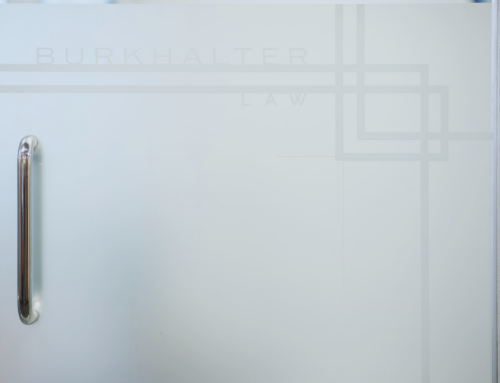In Georgia tort cases, offers of settlement under O.C.G.A. § 9-11-68 (“Rule 68 Offer of Settlement”) can be a practical tool in trying to obtain a resolution without need for trial.
A Rule 68 Offer of Settlement raises the stakes for the party receiving an offer. If the party rejects the offer, it risks having to pay attorneys’ fees and expenses of the offering party based on the outcome of the case.
If a plaintiff in a tort case sends an offer, and the defendant rejects it, the plaintiff can collect attorneys’ fees and expenses incurred from the date of rejection through entry of judgment if the plaintiff obtains a final judgment greater than 125% of the offer. If a defendant sends an offer, and the plaintiff rejects it, the defendant can collect attorneys’ fees and expenses incurred from the date of rejection through entry of judgment if the final judgment is less than 75% of the offer. The award of attorneys’ fees and costs is mandatory unless the trial court finds an offer was not made in good faith.
To put into numbers, if a plaintiff made an offer for $50,000, the plaintiff would be entitled to an award of attorneys’ fees and costs if it obtained a judgment of more than $62,500. If a defendant made an offer for $50,000, the defendant would be entitled to an award of attorneys’ fees and costs if the plaintiff obtained a judgment less than $37,500.
An offer can be made at any time after 30 days of service of a complaint and no more than 30 days prior to trial. There is no limit on how many offers a party can send, but the rule requires an offer remain open for 30 days.
The statutory rule requires several procedural steps, so it is important to review the rule for compliance prior to sending a Rule 68 Offer of Settlement. Please contact us if you would like assistance with a tort case or navigating offers of settlement.





